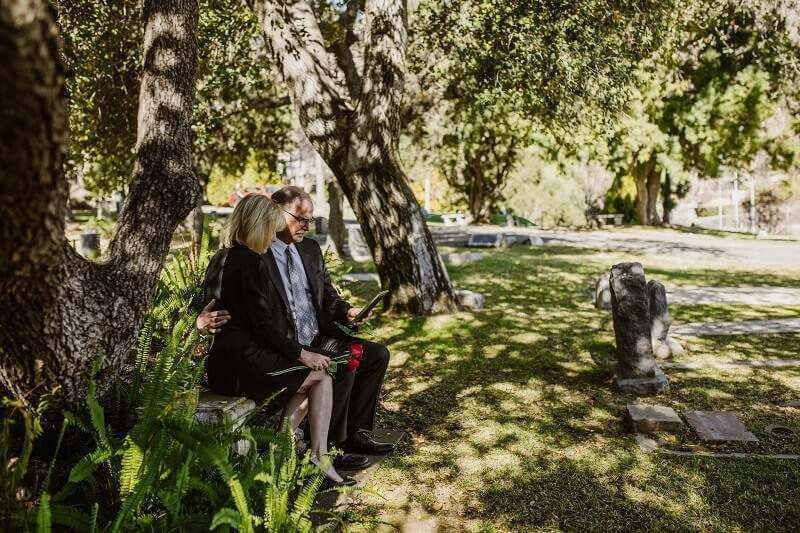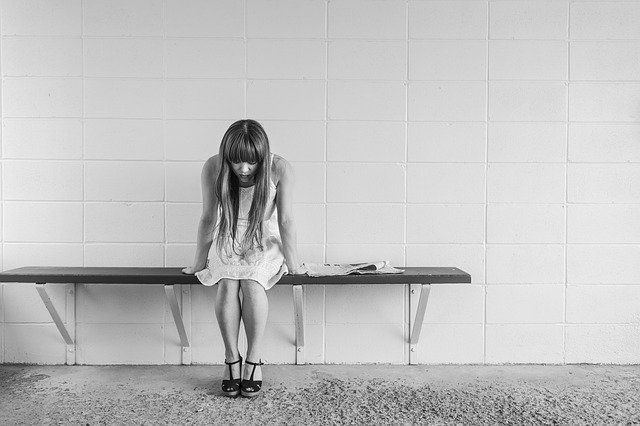What Are the Five Stages of Grief?
The five stages of grief are a well-known blueprint that helps people understand how they grief and offers guidance on how to get through a loss and a service at a funeral home in Glenwood Springs, CO.
After all, grief doesn’t come all at once or all in the same way, it often moves through stages: Denial, Anger, Bargaining, Depression, and Acceptance. Dr. Elisabeth Kubler-Ross, a Swiss-American psychologist, first developed these five stages in 1969 to help illustrate that fact that, while every human experience grief differently, almost everyone moves through one or many of these five stages at some point in the grieving process. Some people might move through all, others just one, and more still might experience only a few.
While it’s not a comprehensive guideline, the 5 stages of grief do help, comfort, and basic understanding of how we experience grief and how that experience changes over time. The order of the five stages isn’t necessarily important, as people might experience them in varying orders and intensities, even moving back and forth between them.
First is denial. Denial is when you don’t want to believe or an unable to believe that your loved one has died. The “this can’t be happening to me” reaction is very normal, and is usually the first reaction after a loss. Denial can also come in the form of telling people you’re fine even though you’re not because you’re denying your true feelings of grief.
Anger generally sets in when you realize you can’t deny or fight the loss any longer. You might become angry at the people around you, taking your anger out on doctors and nurses who “failed” your loved one or on yourself for making a mistake that might have led to or worsened the situation. Some even direct their anger toward God or a higher power.
Next is bargaining and depression. Bargaining is when you deny the truth by trying to change it. It might manifest as trying to get the doctors to bring in another expert or try a new treatment, or as pleading with God or a higher power for more time or a different outcome. Like the name sounds, depression is when you feel hopeless or that you can’t go on because of the loss. You might feel overwhelmed, alone, and lost.
The final stage, acceptance is where you come to terms with the fact that your loved one is or is going to be gone. The grief and pain don’t go away in this stage, but you do accept and feel those feelings. When you reach the fifth stage of grief, you begin to plan on how you will move on with your life.
The five stages of grief are a helpful tool for anyone dealing with a loss or a service at a Glenwood Springs, CO funeral home. We are here to help with your needs in this time of loss. Call or visit us today to learn more about our services.
The post What Are the Five Stages of Grief? appeared first on blog.brownscremationservice.com.













